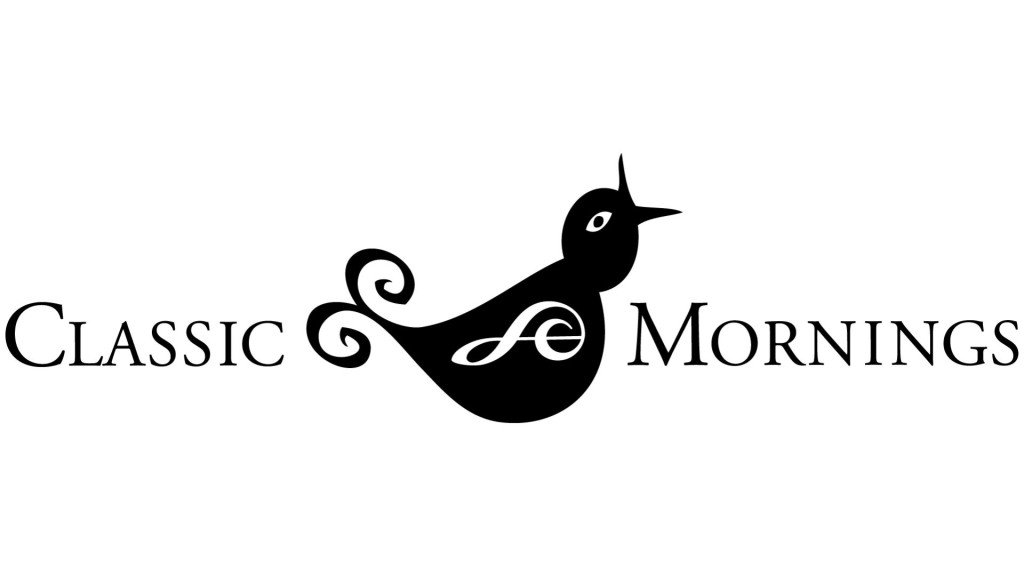Bursts of Firsts

I wasn’t expecting such a simple answer. It was a simple question, which I asked it in anticipation of Mozart’s birthday this past Monday (January 27). And it’s one I hadn’t asked before: Why did the chamber orchestra known as the London Mozart Players choose that name?
According to their website, violinist/conductor Harry Blech founded the ensemble in 1949 with the intention of performing the music of Mozart – and Haydn. I might have been disappointed if that had been all that I learned. But there followed a most interesting piece of information. Their first concert in 1949 was an all-Mozart program with a guest violin soloist: Neville Marriner.
Wow! Sir Neville’s name would become as closely connected to Mozart as the London Mozart Players! It was some 9 years after that gig with the London Mozart Players that Marriner founded the Academy of St. Martin in the Fields.
I’m glad the London Mozart Players eventually decided to expand their repertoire and to record works by contemporaries of Mozart and Haydn. Those recordings made it possible for listeners to hear, for the first time, symphonies by William Herschel, Joseph Mysliveček, Franz Xaver Richter, and other composers. Many of those are featured regularly on Classic Mornings.
In case you weren’t aware of it, there are lots of compositions, particularly those of lesser-known composers, which have never been recorded. And I’m often curious about pieces by famous composers which are listed among their works, but which I’ve never heard of. I often find that there haven’t been any recordings of those either.
Whenever we do acquire a new “first recording,” I’m excited about auditioning it. But having done that so many times over the years, I’m also aware that just because a work has been recorded for the first time, there’s no guarantee it’ll be something that listeners would enjoy.
I’ve noticed a fascination with “firsts” in conjunction with the Vienna New Year’s Concerts and recordings. We have a number of those recordings, with the Vienna Philharmonic led by various conductors. You’ve heard me play selections from them. They always include applause at the end.
In the CD booklets that accompany the more recent recordings, they indicate which pieces on the program were making their Vienna New Year’s Concert debut. It’s a subtle detail. But they make a big deal of it with many a little asterix.
It makes me a little nervous, as I wonder if the radio and television hosts of those concerts are going to be inspired by sports announcers who seem to have access to all sorts of strange statistics. Do you want to know how often Johann Strauss Jr.’s Thunder and Lightning Polka has been selected by New Year’s Concert conductors born in Northern Europe as compared to those from southern Europe? And I hope the excitement for works appearing for the first time won’t get out of hand, with conductors bumping all the favorites, including the Blue Danube Waltz and the Radetzky March, which, traditionally, are always heard at the end of those concerts.
I came across another “first” just a couple of weeks ago. And it was an interesting surprise.
It’s always a bit tricky when you look up John Williams. It’s a rather common name, when you think about it. For classical music listeners, it’s not so common. Even for non-classical listeners, it’s become a rather famous name, thanks to the movies.
I’ve gotten used to having to specify which John Williams: the composer/conductor or the guitarist. When you search online, the American composer is the one that shows up. You’d have to expect that, given all the film scores and his 13-year tenure as conductor of the Boston Pops Orchestra. But the Australian guitarist John Williams is legendary too, particularly given his music making in a variety of musical genres over the years.
It’s easy enough just to add “composer” or “guitarist” to a John Williams search. But when I did that for the guitarist recently, another John Williams showed up. And I learned about an American guitarist who studied with David Starobin, graduated from the Peabody Conservatory in Baltimore, and who is on the faculty at Rowan University in Glassboro, New Jersey. A college basketball player with the same name – with Jr. attached to it - showed up as well.
In all fairness, I have to admit that for years now, I’ve been seeing the composer billed as John Towner Williams. And the famous guitarist is often listed as John Christopher Williams. I also noticed, at one site, that the American guitarist was referred to as John Marcel Williams.
I keep it simple and right to the point when I invite you to join us for Classic Mornings. Tune in Monday through Friday from 9-noon on FM 90.9 or online at will.illinois.edu.

